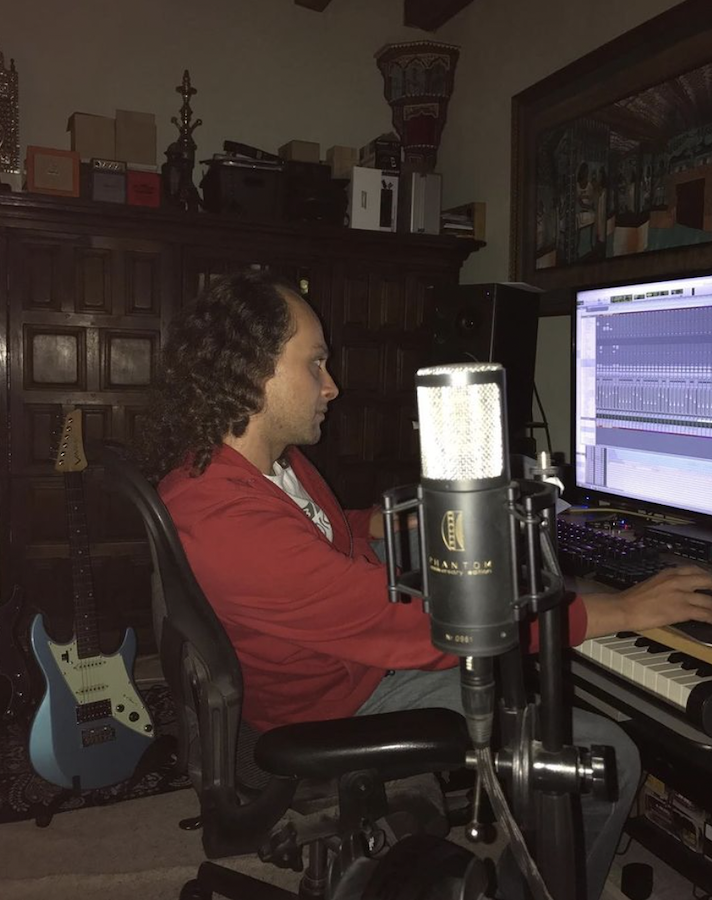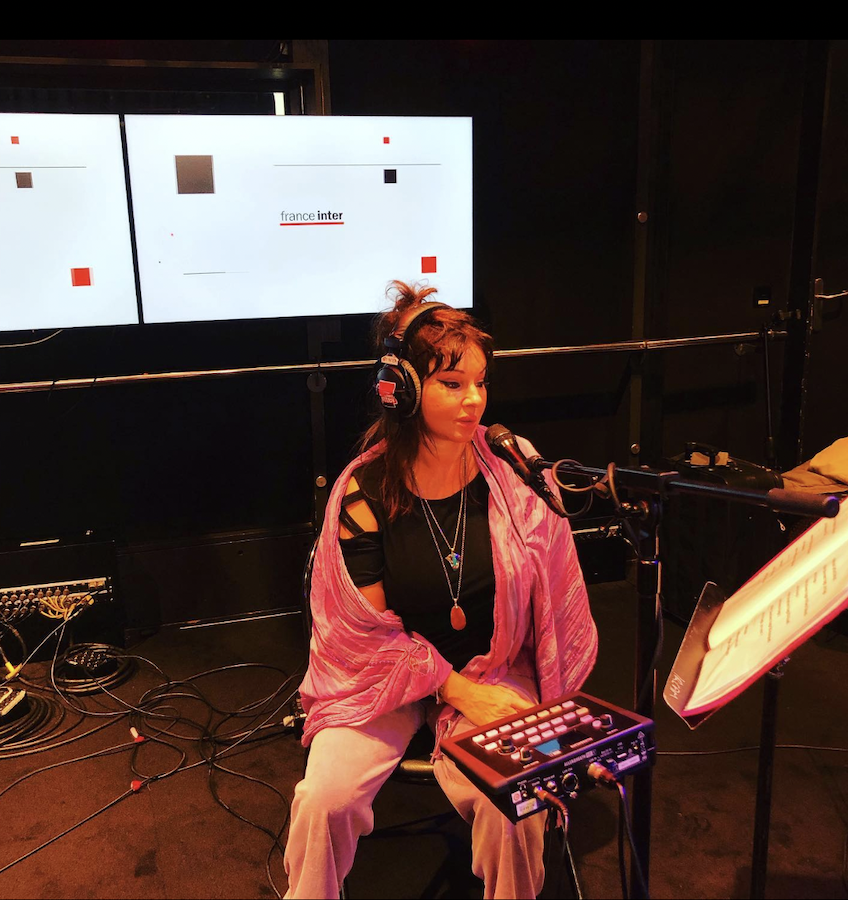CASABLANCA: After two years of COVID-enforced absence, Casablanca’s Jazzablanca music festival returned at the start of July. Its 15th edition brought together a stellar line-up of artists, including the acclaimed Belgian-born Anglo-Egyptian singer Natacha Atlas.
Atlas’ work tends to defy easy categorization (although it will often be labelled “world music”). She first came to international attention in the Nineties for her work with ethnic electronica outfit Transglobal Underground — a multi-member collective whose members change often, and who mine western, Asian and African influences to create their innovative sound. (Atlas actually returned as a vocalist on their 2020 album “Walls Have Ears.”)
That wide range of influences can also be heard in Atlas’ solo albums. But at the heart of all her work, including her many collaborations (with, among others, Jean-Michel Jarre, Belinda Carlisle, and Peter Gabriel), is her extraordinary vocal ability, equally capable of being languid or rousing, contained or unfettered.

Natacha Atlas performing with Transglobal Underground in 2008. (Supplied)
For Jazzablanca, though, Atlas focused solely on jazz for 100 percent of her set. She is no stranger to the genre. Her intimate 2015 album “Myriad Road” was basically a jazz record, so it was no surprise that she opened her show with a track from that album, composed by the French-Lebanese jazz trumpeter Ibrahim Maalouf.
“At the time, Ibrahim had the idea of doing a 1970s funk-jazz. He pushed me to sing in English with an oriental style, and it was great,” she tells Arab News. “He is a funny person who likes to do joyful things.” Jazz has remained one of her favorite musical styles.
It was present also (along with hip-hop, electronic music, and Arabic influences) in her 10-track 2019 album “Strange Days,” composed with Samy Bishai, her partner in life and music, which included a cover of “It’s A Man’s Man’s Man’s World” by James Brown, which Atlas performed in Casablanca.

Myriad Road album cover. (Supplied)
Released just before the COVID-19 pandemic took hold, that record was a good fit with the anxiety-inducing climate that came with the pandemic.
“We’re experiencing ‘Strange Days.’ The album is a paradox between darkness and light. I think there is a part of shadow and light in humanity. However, despite the difficult times, we must show tenacity and go towards the light,” Atlas says. “We must wake up quickly, otherwise we are done.”
That’s a message that also runs through her latest work, “The Inner and the Outer,” a five-track EP composed during lockdown, that is a call for the awakening of consciousness.

Atlas’ partner Sami Bishai in their home studio. (Instagram)
“We experienced this period full of anguish, Samy and I,” Atlas says. “That’s why (fourth track) ‘The Inner Dimension’ is a piece that calls for meditation.”
On the Casablanca stage, despite numerous requests from the audience, Atlas ultimately did not perform a cover of Françoise Hardy’s “Mon Amie La Rose,” the song that first made her famous in France back in 1999. (She explains to the crowd that her musicians are not familiar with the track.)
Following that success, Atlas decided to sing in both English and Arabic. “I tried to write in French, but it’s a bit difficult,” she says. “Moreover, one day, a Frenchman who had listened to one of my songs (“Le Printemps”) said: ‘It’s a beautiful song, but I didn’t understand it all.’”

Launching the “Strange Days” album during lockdown. (Instagram)
Atlas is certainly making the most of the live music industry’s reopening this year. After the Jazzablanca festival she flew to Macedonia to meet up with the Dzambo Agusevi Orchestra, a group of Balkan musicians with whom she is set to perform several concerts, and even record an album.
She is also continuing her world tour providing vocals for the contemporary ballet “Odyssey,” composed by Atlas and Bishai and choreographed by Hervé Koubi, which will also be turned into an orchestral album, she says.












